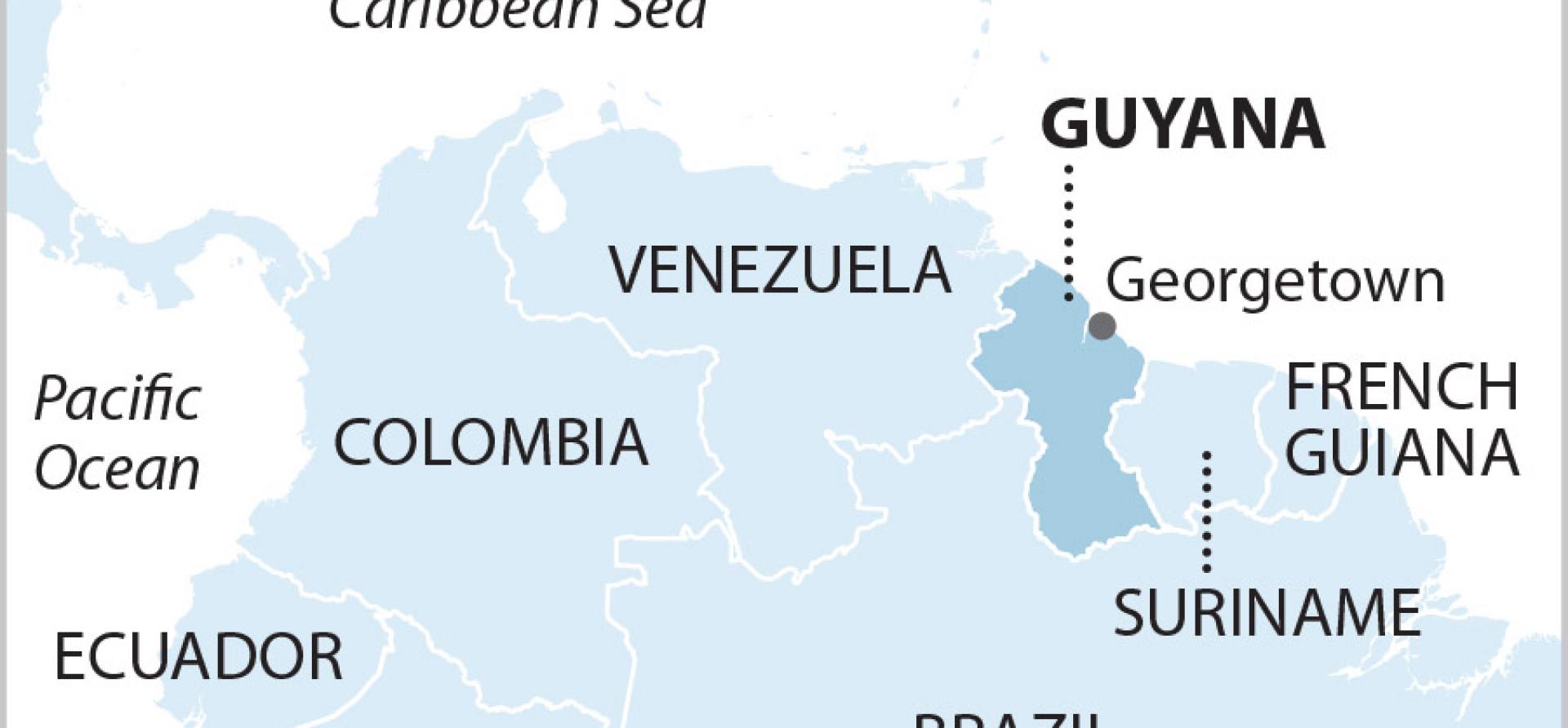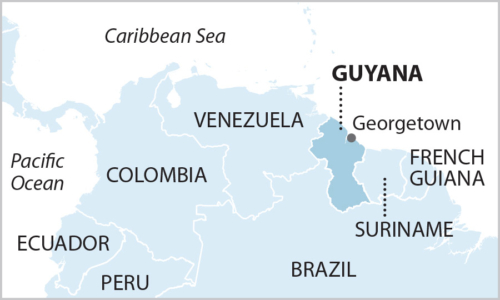IEEFA: ExxonMobil management fails to manage environment, climate issues

When ExxonMobil (XOM) came to Guyana to drill oil, it brought with it a series of promises—new cash for the country, well-managed operations, good environmental stewardship and an era of good corporate citizenship.
 Residents of Guyana this past week filed a lawsuit challenging ExxonMobil’s continued practice of flaring gas. This is the fourth lawsuit filed by citizens of the South American nation. When a company drills for oil, it often also draws gas. If the company does not use or market the gas, it simply burns (“flares”) it at the wellhead, and the resulting pollution is released to the air without filtering or other pollution capture equipment. As in Texas, flaring gas is against the law in Guyana.
Residents of Guyana this past week filed a lawsuit challenging ExxonMobil’s continued practice of flaring gas. This is the fourth lawsuit filed by citizens of the South American nation. When a company drills for oil, it often also draws gas. If the company does not use or market the gas, it simply burns (“flares”) it at the wellhead, and the resulting pollution is released to the air without filtering or other pollution capture equipment. As in Texas, flaring gas is against the law in Guyana.
ExxonMobil already has paid at least $4.5 million in fines to Guyana for flaring gas from its offshore operations. The company has said it is taking extraordinary steps to fix the situation, but the problem persists. Residents have asked the courts to review the situation and to force Guyana to halt production until the flaring stops. The residents also want the court to order ExxonMobil and the government to disclose the amount of flaring, steps to curtail it, results of interventions, fines paid and other environmental data.
The flaring is an environmental abuse of Guyana, as well as another financial burden that the country can ill-afford. ExxonMobil Chief Executive Officer Darren Woods makes 2,000 times the average salary of a worker in Guyana. His latest total compensation amounted to $15.6 million, according to Securities and Exchange Commission filings, yet his company pays no taxes and disobeys environmental laws.
The situation is also a management problem for ExxonMobil; it appears the company cannot get a grip on the problem. ExxonMobil has a reputation as a good project manager, but that reputation is taking a beating in Guyana as the company continues to accumulate a long list of violations in a short time.
Lately, ExxonMobil has made sweeping announcements about how it plans to curb global emissions, including a pledge of zero flaring by the end of 2022. The company is chattering in terms of billions being spent, regions benefiting from new investment and tons of carbon caught, trapped, captured and stored. Yet since it began producing oil in December 2019, it has not gotten that one project—a go-to, highly visible, top priority—right.
What is peculiar about ExxonMobil’s growing number of managerial problems is that they are winding up in court or being criticized by the company’s shareholders. For example, a group of ExxonMobil shareholders are suing the company, alleging it mismanaged 4 billion barrels of oil reserves in Canada. Another set of shareholders have the company in court over millions more barrels in the Permian Basin. Last year, ExxonMobil shareholders mounted a campaign that toppled board members and resulted in an overwhelming vote against management on climate change policy. In the face of this tumult, however, Woods declared there would be no changes to the company’s direction.
Corporations are frequently sued over commercial transactions—that is normal. But when a company is routinely sued because it cannot manage operational issues like accurate valuations of reserves, sound drilling strategies and environmental compliance—that is a serious management problem. A recent Chronicle editorial called Woods’s management into question. It’s clear his leadership is not doing well by ExxonMobil shareholders, and the pledges made to Guyana to be a good corporate citizen are now heading to court.
Tom Sanzillo ([email protected]) is IEEFA director of financial analysis.
Related items:
IEEFA. Calls are mounting for a new direction and a new chief executive for ExxonMobil
IEEFA. Guyana’s Past Debt: Contractual Loose Ends Tangle Path to Profit
IEEFA. Guyana’s Tax Giveaway: Country Exxon, Hess and CNOOC’s Annual Income Taxes
IEEFA. Months after tumultuous ExxonMobil annual meeting, no substantial change expected















